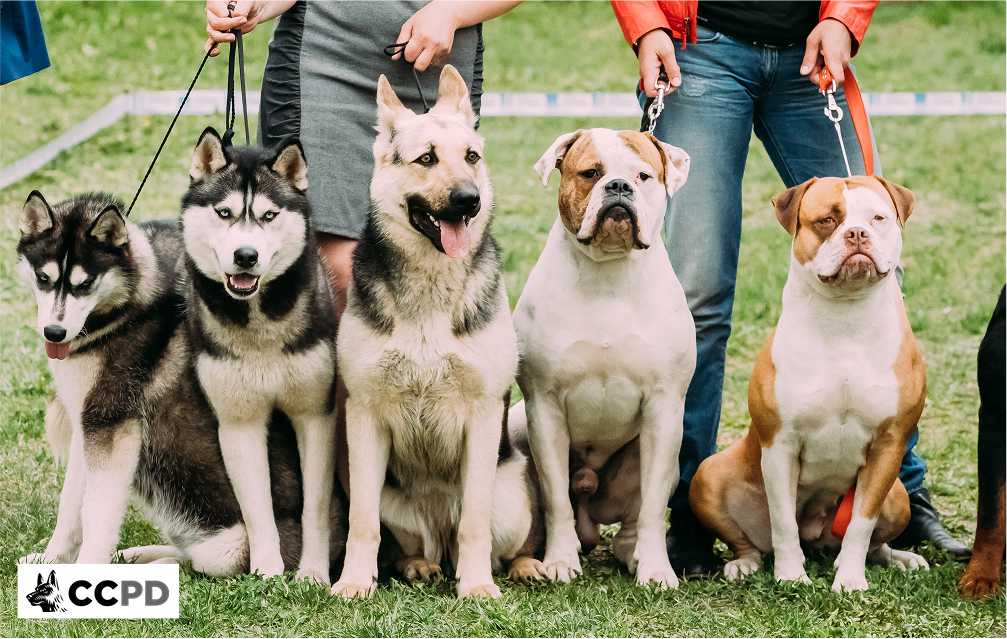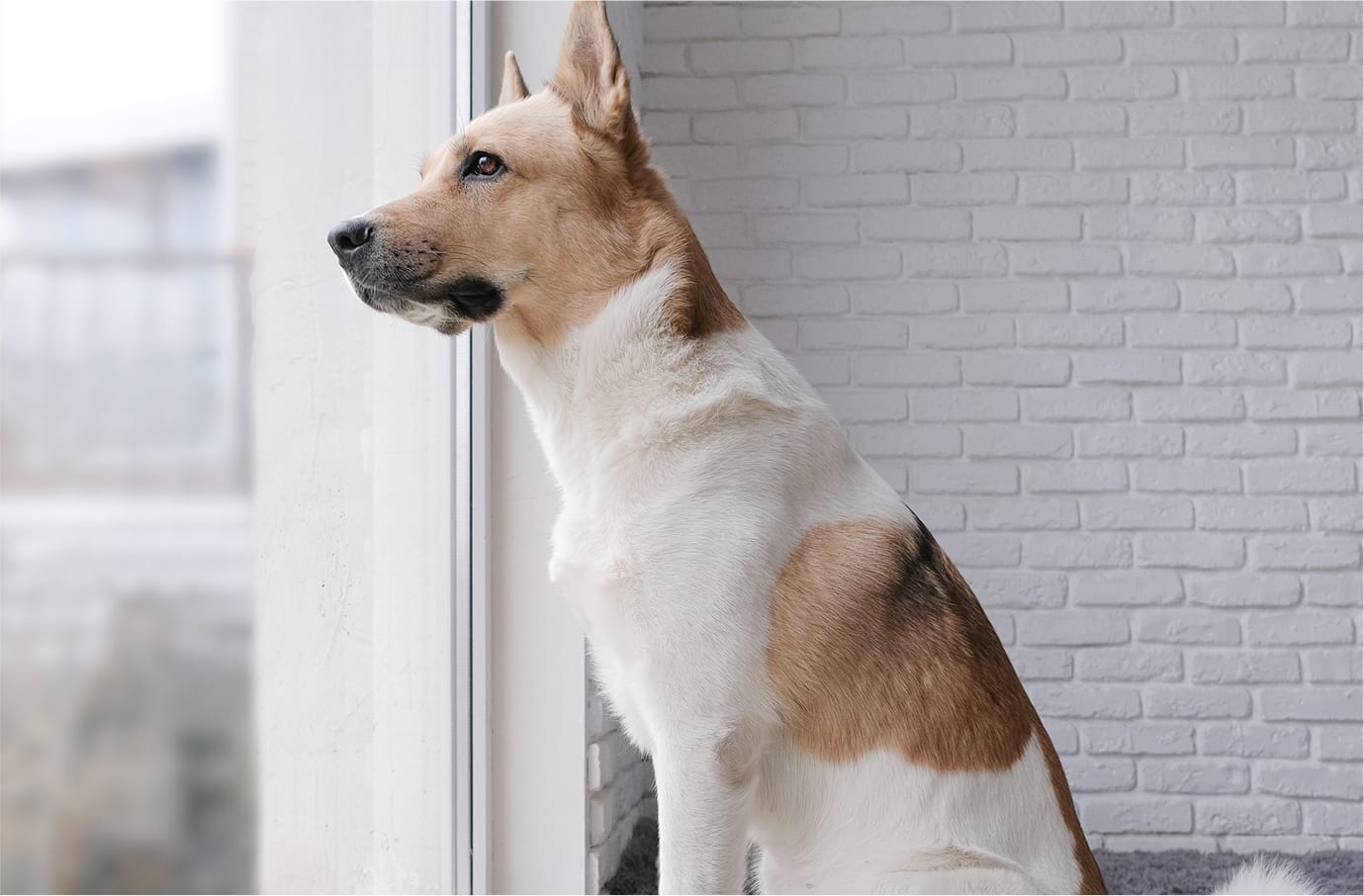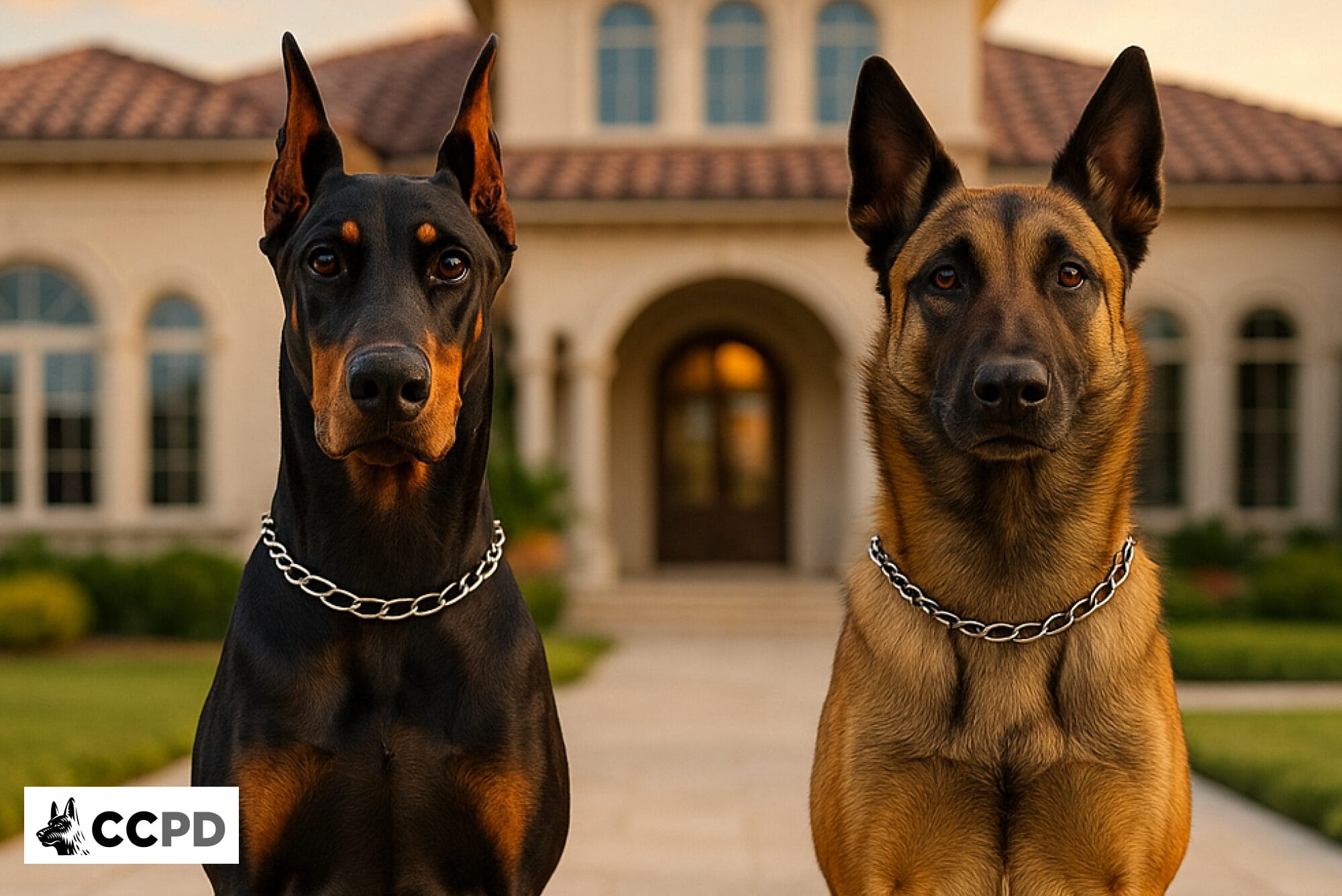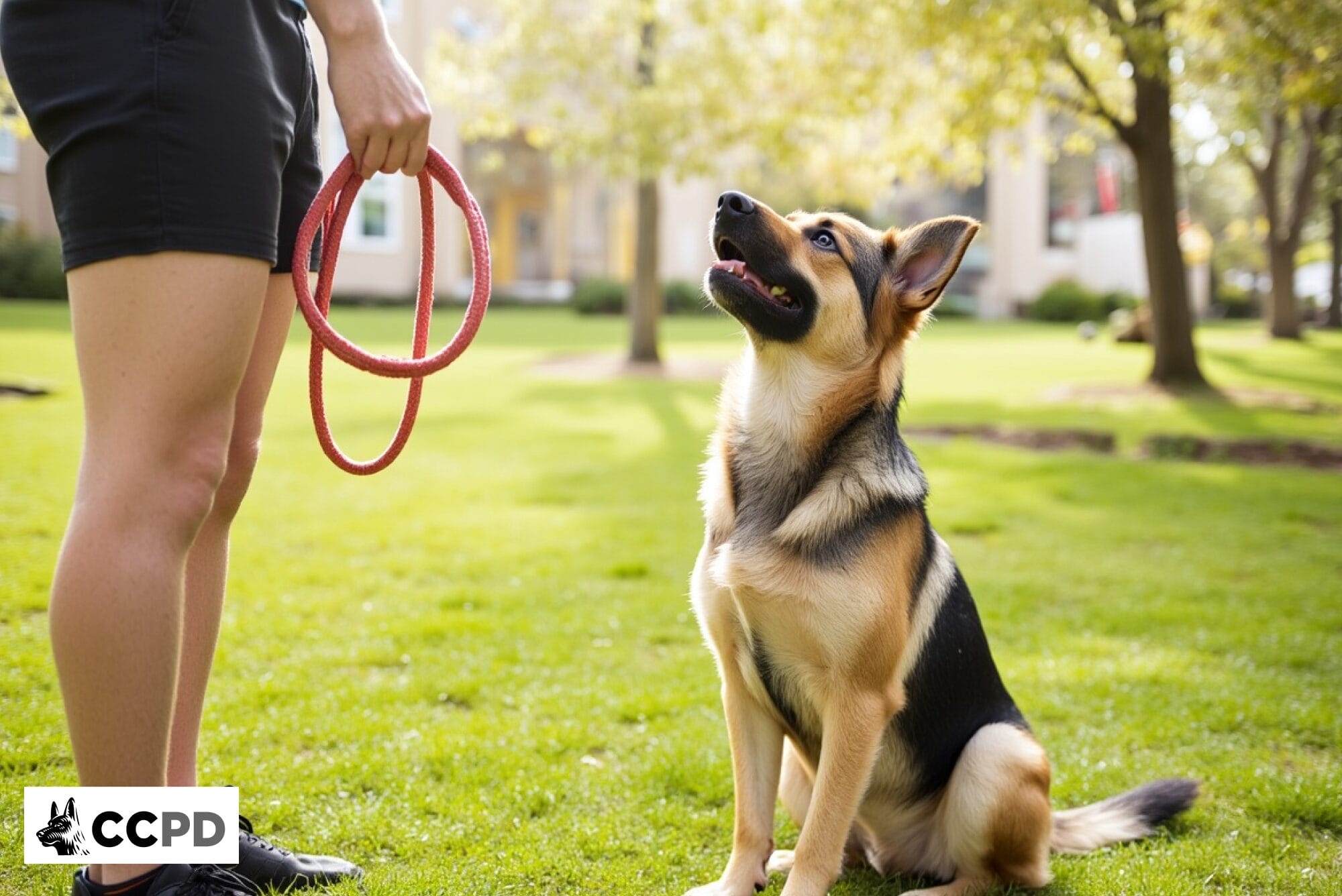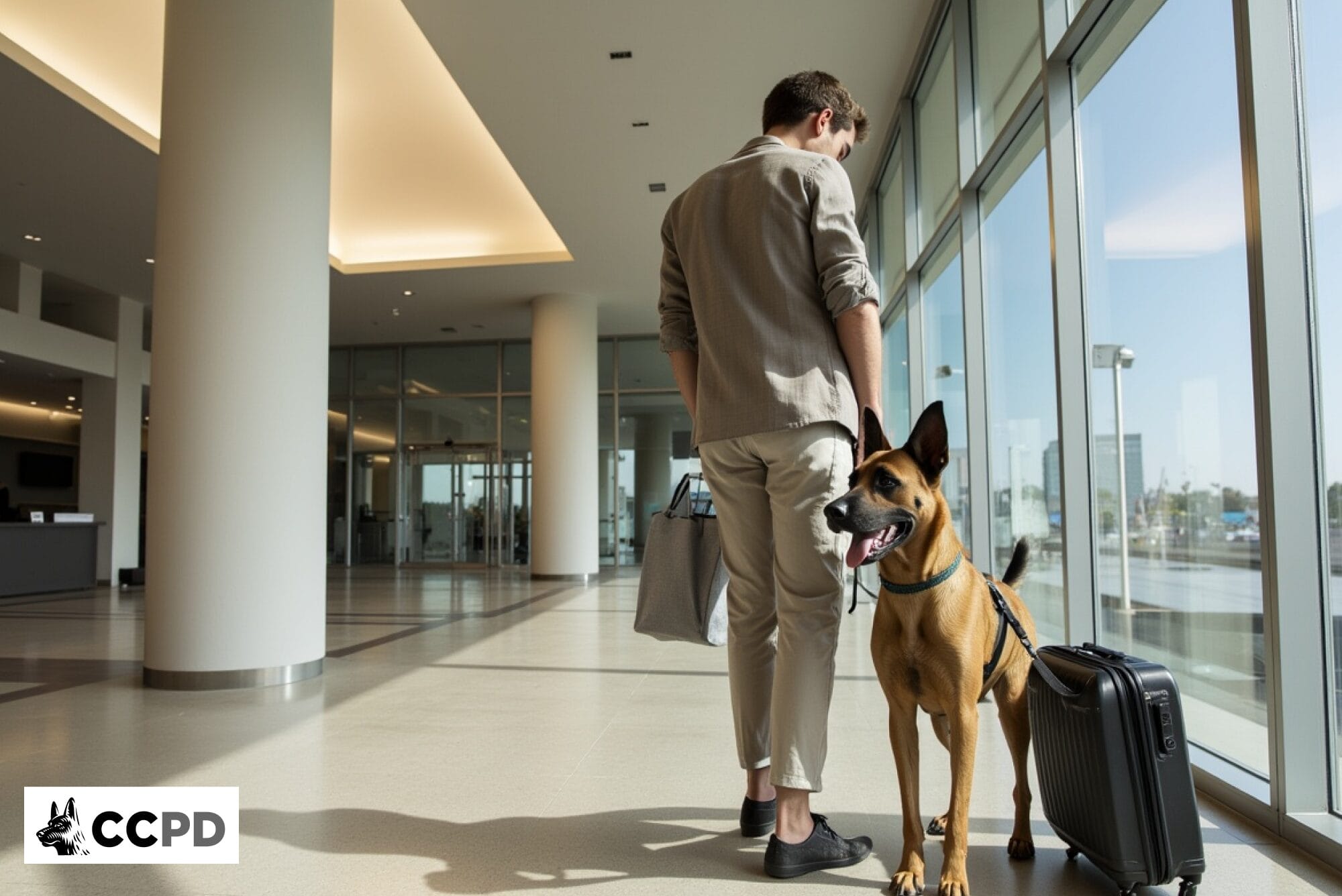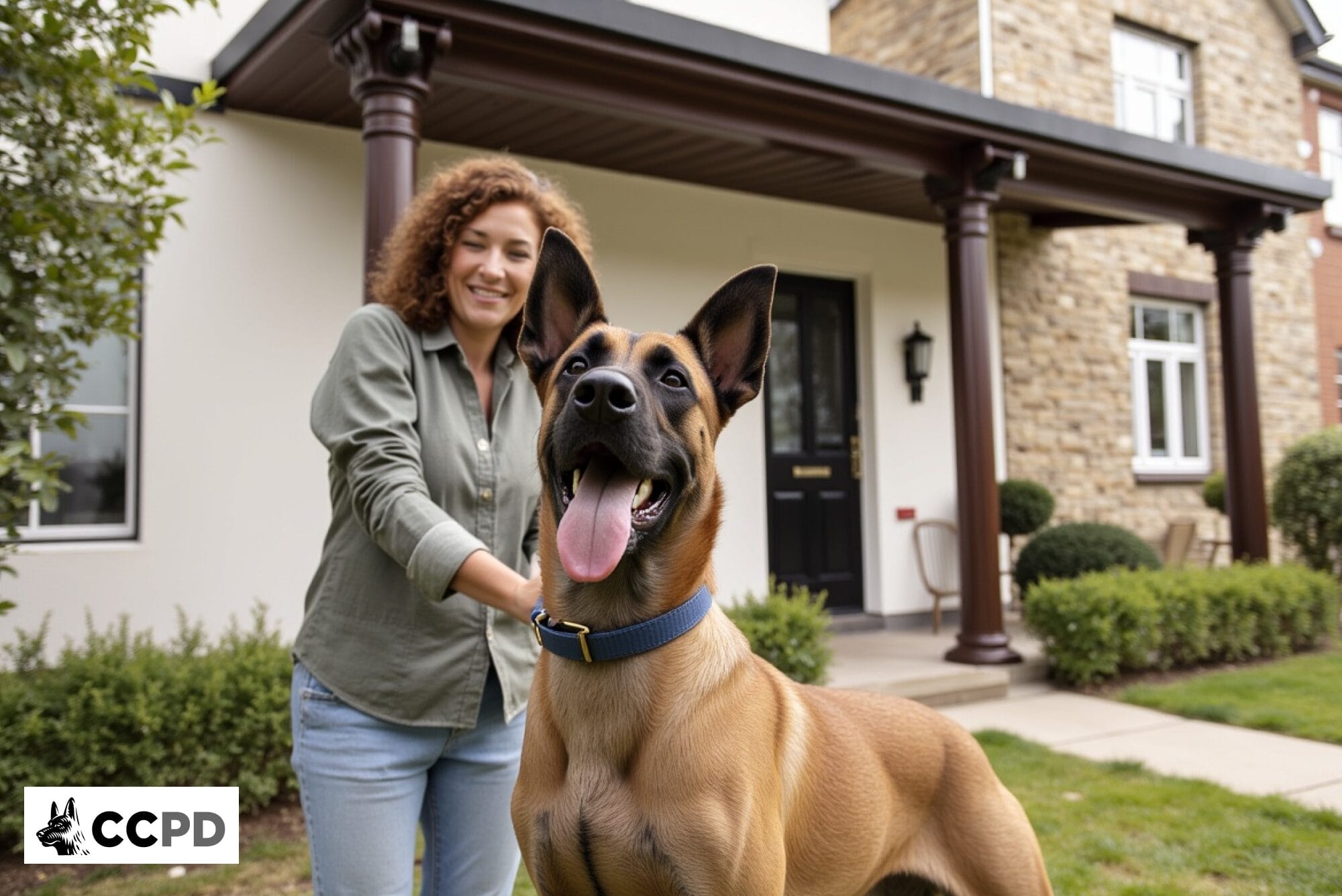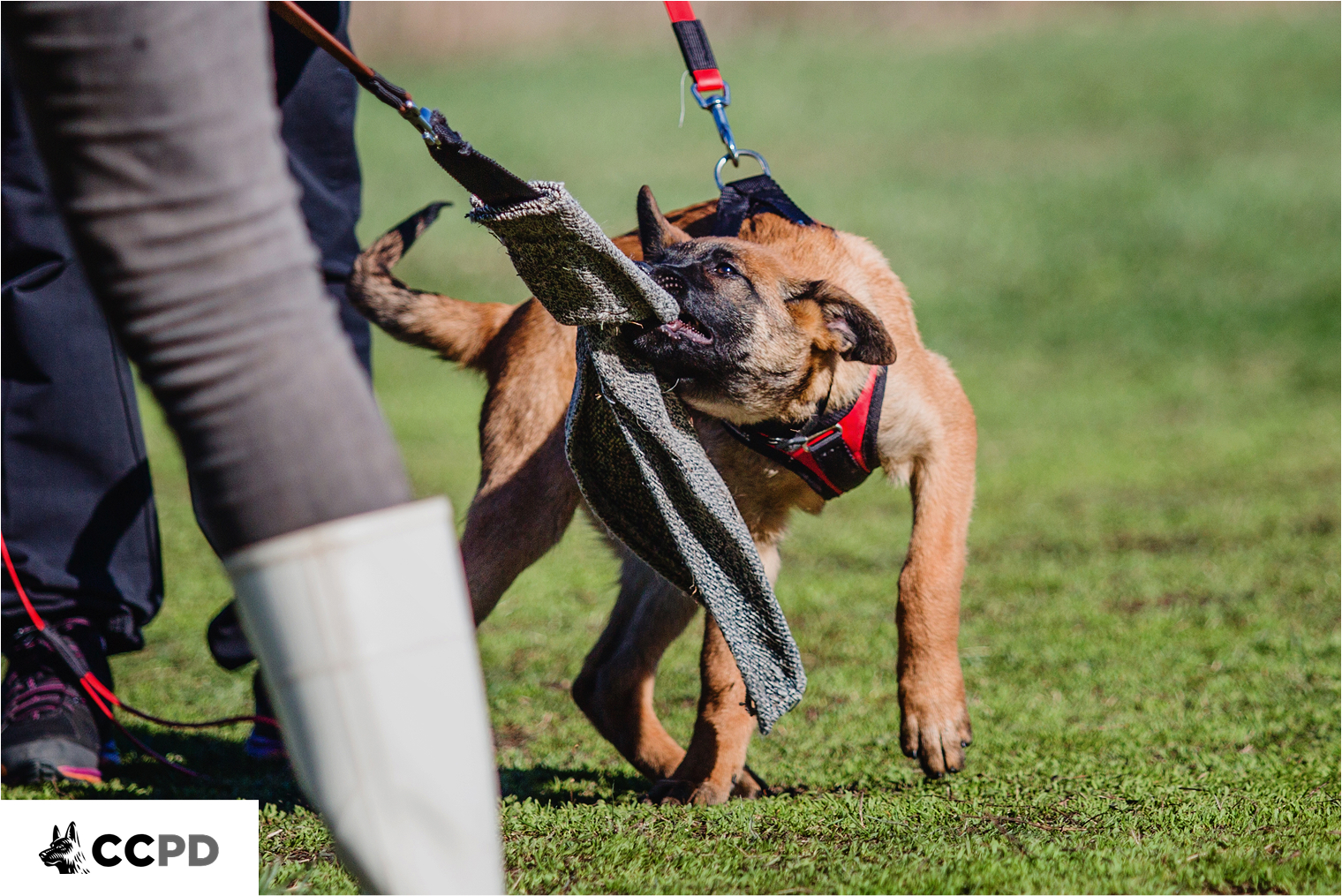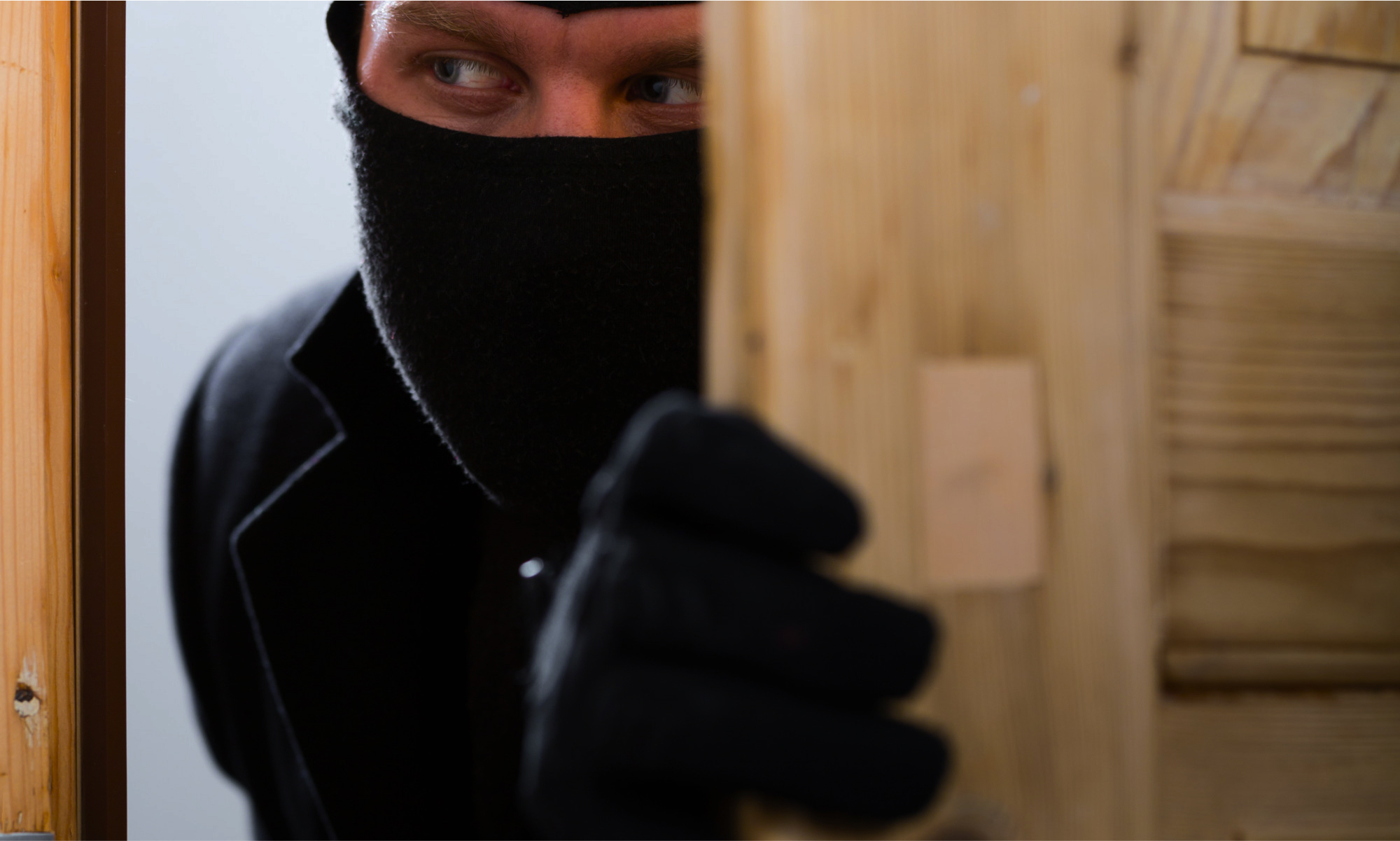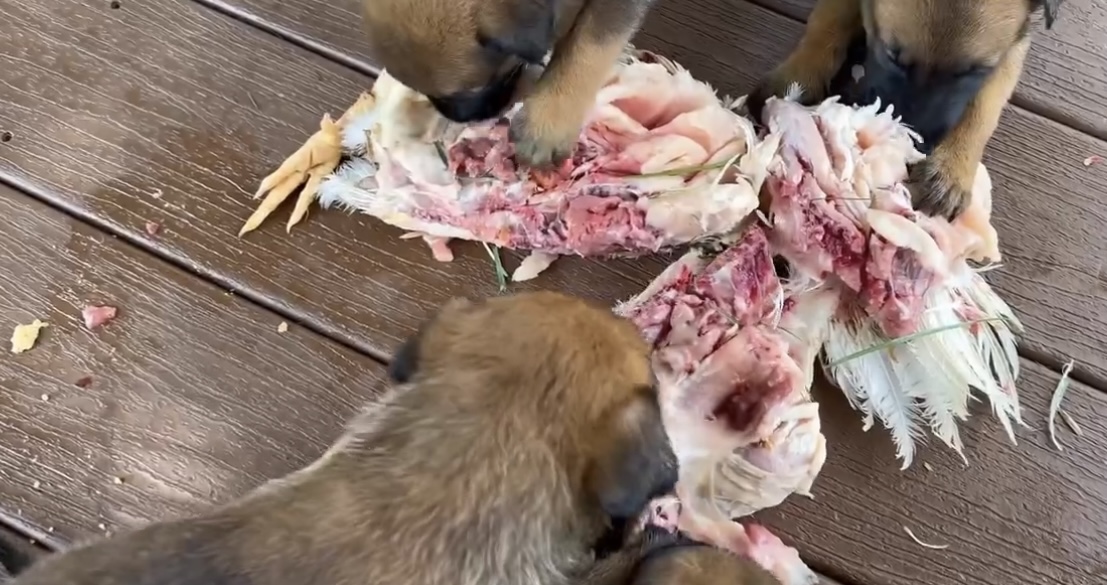When it comes to safeguarding what matters most – your family and home—few security measures offer the combination of protection, companionship, and peace of mind that a well-trained protection dog provides. With home invasions happening every 26 seconds in America, the question isn’t whether you need protection, but rather: What breed of dog is best for home protection?
As an industry-leader providing home protection dogs, I’ve trained over 10,000 dogs to become exceptional guardians while remaining loving family members. The right protection dog doesn’t just alert you to danger—they become an integral part of your family’s safety plan and your best friend in times of crisis.
But choosing the right breed is crucial. Make the wrong choice, and you could end up with a dog that lacks the protective instincts you need or doesn’t mesh with your family dynamic.
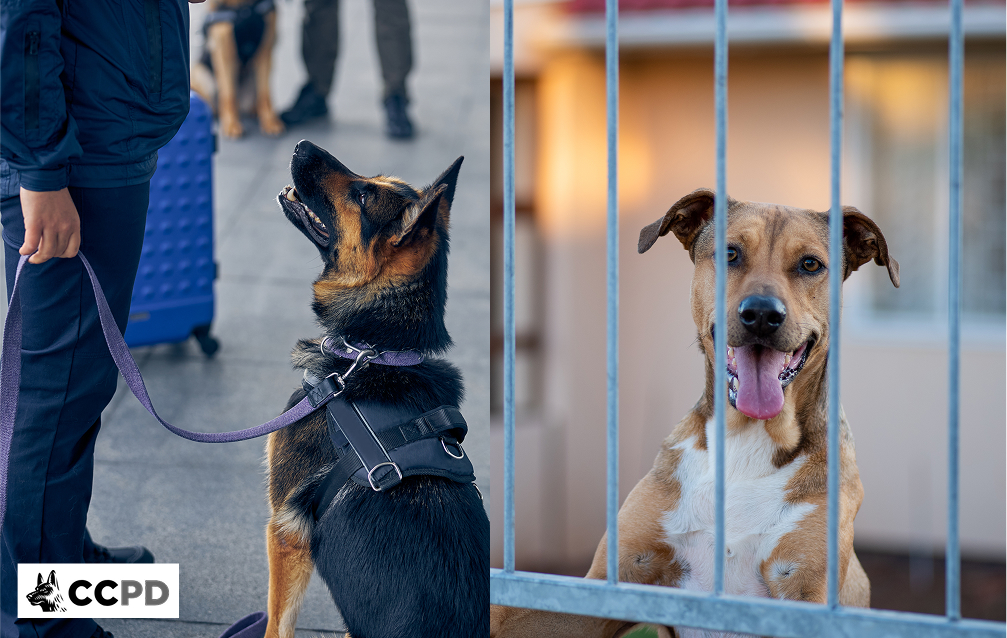
Protection Dogs vs. Guard Dogs
Before diving into specific breeds, it’s important to understand that not all protective dogs are created equal. A true protection dog goes beyond simply barking at strangers or looking intimidating.
Protection dogs are specially trained to assess threats and respond appropriately. They form a strong bond with their family members and can distinguish between welcome guests and potential threats. With proper training, these intelligent dogs become exceptional at balancing their protective instincts with being loving companions around small children and other pets.
Guard dogs, by contrast, may simply be territorial without the discernment that comes with personal protection training. The best protection dogs combine natural protective instincts with the intelligence to understand complex situations.
Related Article: Why Celebrities Are Choosing Protection Dogs Over Security Guards
Top Tier Protection Dog Breeds
When law enforcement and military units need reliable four-legged partners, they consistently turn to these exceptional breeds for good reason:
- German Shepherd Dog: Perhaps the quintessential protection breed, German Shepherds combine intelligence, loyalty, and versatility that few breeds can match. Their natural protective instincts make them excellent guard dogs in virtually any environment. They form strong bonds with family members while maintaining a healthy suspicion of strangers.
- Belgian Malinois: Often mistaken for a smaller German Shepherd, the Malinois has become the preferred police dog for many agencies due to their high energy, incredible work drive, and intense focus. These dogs and mental stimulation but offer unmatched protection capabilities when properly trained from a young age.
- Doberman Pinscher: The sleek, powerful Doberman was specifically bred for personal protection. Their intimidating look combined with exceptional intelligence makes them a great guard dog for families wanting both protection and a devoted companion. Despite their imposing appearance, well-socialized Dobermans are typically gentle with family members.
- Cane Corso: This powerful breed from Italy combines formidable strength with an instinctive desire to protect their territory and family. Their imposing size alone serves as a deterrent, but their calm demeanor and loyalty make them great family pets when provided with proper socialization and early training.
- Dutch Shepherd: Often overlooked in favor of their German cousins, Dutch Shepherds offer similar protective qualities with a sometimes more approachable temperament. These versatile working dogs excel in protection roles while adapting well to family life.
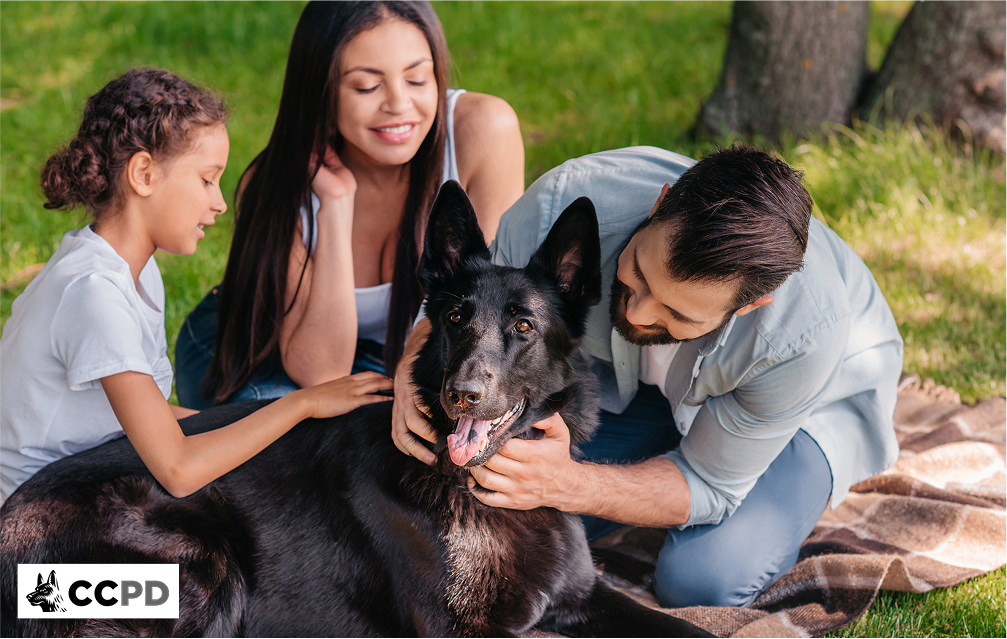
Other Excellent Family Protection Breeds
For families seeking protection dogs that excel as both guardians and loving family companions, these breeds offer an outstanding balance:
The Bullmastiff combines impressive size with a generally gentle nature. Originally bred to catch poachers, these dogs are naturally protective without typically being aggressive. Their calm demeanor makes them excellent family protectors, especially in homes with children.
Rottweilers, when properly trained, offer exceptional protection capabilities while forming deep bonds with family members. Their territorial instincts make them natural guard dogs, but early socialization crucial to ensure they distinguish between threats and friends.
The Giant Schnauzer might surprise some, but these intelligent dogs make excellent guard dogs with proper training. Their alert nature and impressive size offer protection, while their family loyalty makes them wonderful companions.
For families in larger homes or with acreage, the Rhodesian Ridgeback offers unique protection capabilities. Originally bred to hunt wild boar and even lions, these dogs have incredible courage and protective instincts while being remarkably gentle with family.
Great Pyrenees dogs have protected livestock for centuries and transfer those guardian instincts naturally to human families. Their imposing size and protective nature make them excellent guard dogs, though their thick coats require regular maintenance.
Factors to Consider When Choosing Your Protection Dog
Finding the ideal home protection dog means matching breed characteristics to your specific situation. Consider these crucial factors:
- Family Compatibility: Some protection breeds naturally do better with young children than others. Consider the temperament that works best with your family dynamic—not every excellent guard dog is suitable for homes with small children.
- Space and Exercise Requirements: Many of the best protection dogs are large breed dogs with high energy levels requiring daily exercise. Belgian Malinois and German Shepherds, for instance, need substantial physical and mental activity to remain balanced.
- Training Commitment: Protection dogs aren’t born knowing how to protect—they require consistent training and proper socialization. Be honest about the time and resources you can dedicate to professional training programs.
- Climate and Living Space: Some breeds like the Tibetan Mastiff have heavy coats suited to cold climates, while short coat breeds may struggle in extreme cold. Similarly, giant breeds need more space than smaller protective breeds.
- Experience Level: Some protection breeds like the Cane Corso or Belgian Malinois present challenges for first-time dog owners. Be realistic about your experience and ability to handle a powerful breed.
Training Your Protection Dog: The Foundation of Success
Even the best guard dog breeds require proper training to become effective protectors. Training should begin at a young age and include:
Professional protection training is essential for developing a dog’s natural protective instincts into reliable responses. The best protection dogs undergo specific training scenarios that teach them to recognize threats while remaining calm in normal situations.
Socialization cannot be overlooked—your protection dog must be comfortable with various people, animals, and environments. A well-socialized dog can better distinguish between actual threats and normal everyday situations.
Building a strong bond between your dog and all family members creates the foundation for protection. Your dog must understand who belongs in their “pack” to protect them effectively.
Daily training reinforcement maintains your dog’s skills and strengthens your connection. The most effective guard dogs receive ongoing training throughout their lives.
Mental stimulation is particularly important for intelligent protection breeds like the German Shepherd, Dutch Shepherd, and Belgian Malinois. These smartest breeds need regular mental challenges to prevent boredom and maintain focus.
Remember, a properly trained protection dog should never show unprovoked aggression. The goal is a discerning protector who remains a loving family member during normal circumstances.
Making Your Final Choice
The best protection dog for your family ultimately depends on your specific needs and lifestyle. If you have young children, breeds like the Bullmastiff or well-socialized German Shepherd might offer the best balance of protection and family compatibility.
For those with active lifestyles, high-energy breeds like the Belgian Malinois or Dutch Shepherd can excel, though they require significant exercise and mental stimulation.
Apartment dwellers might consider a Doberman Pinscher, which offers excellent protection capabilities in a more space-efficient package than some of the giant breeds.
For families with large properties, breeds like the Great Pyrenees or Rhodesian Ridgeback provide territorial protection across larger areas.
Don’t underestimate the importance of personal connection—the right dog for your family should feel like a natural fit. Many families find that spending time with different protection breeds helps identify which dog creates the strongest bond.
The ultimate question isn’t just which breed offers the best protection—it’s which breed offers the best protection while integrating seamlessly into your family life. The ideal protection dog becomes more than just a security measure; they become a beloved family member who happens to have the skills and instincts to keep everyone safe.
Don’t leave your family’s protection to chance. Consult with Command Control Protection Dogs today to find the perfect breed to guard what matters most. Call us at (877) 687-2259
